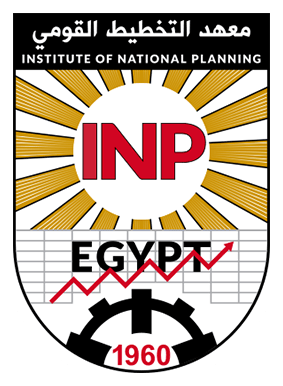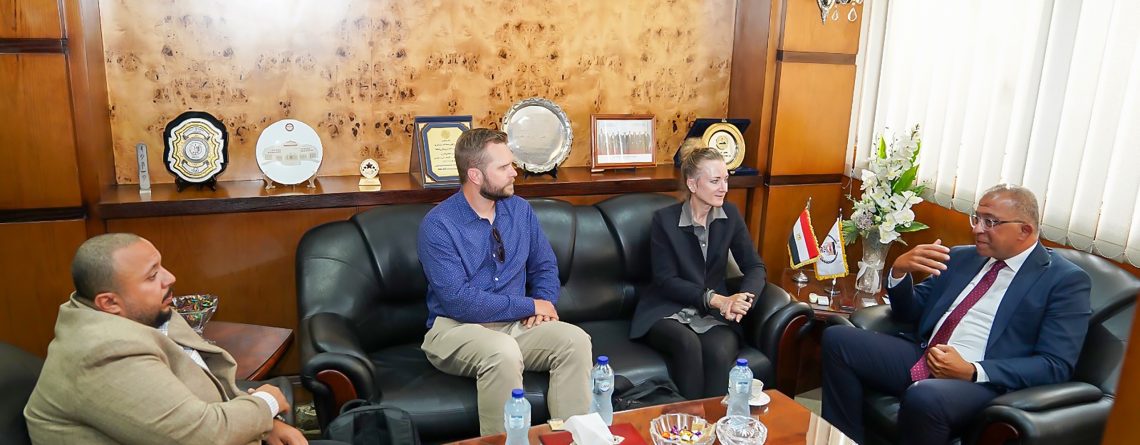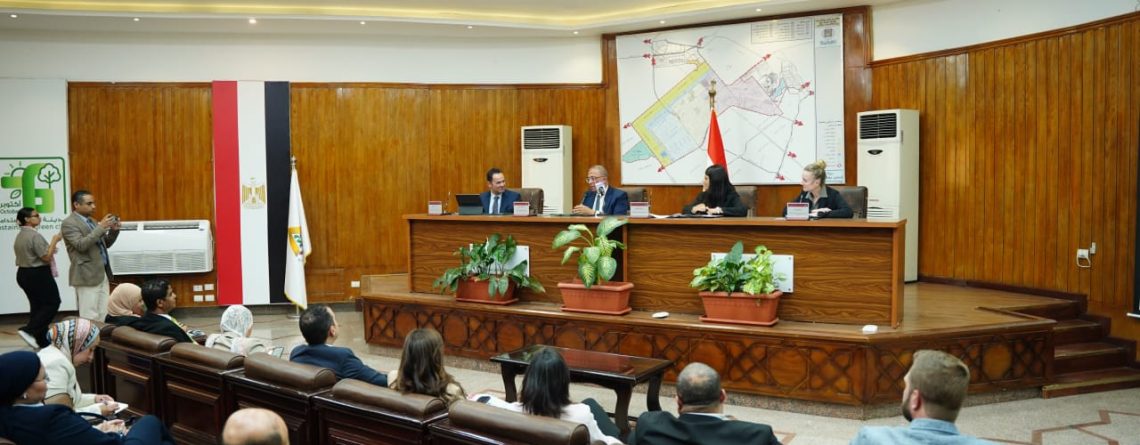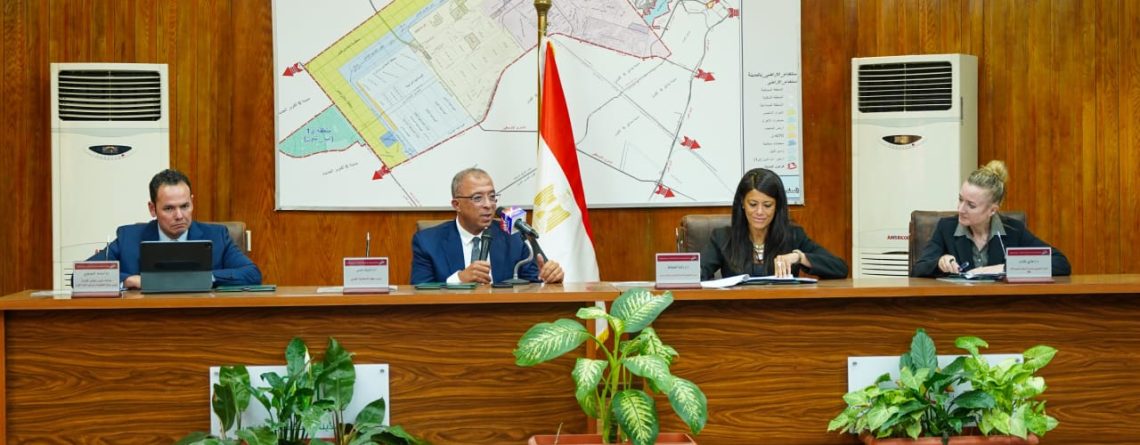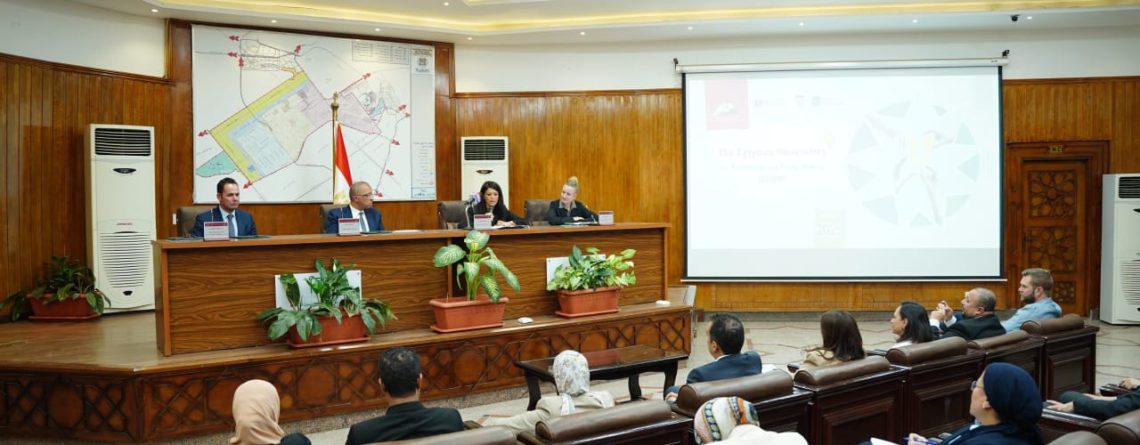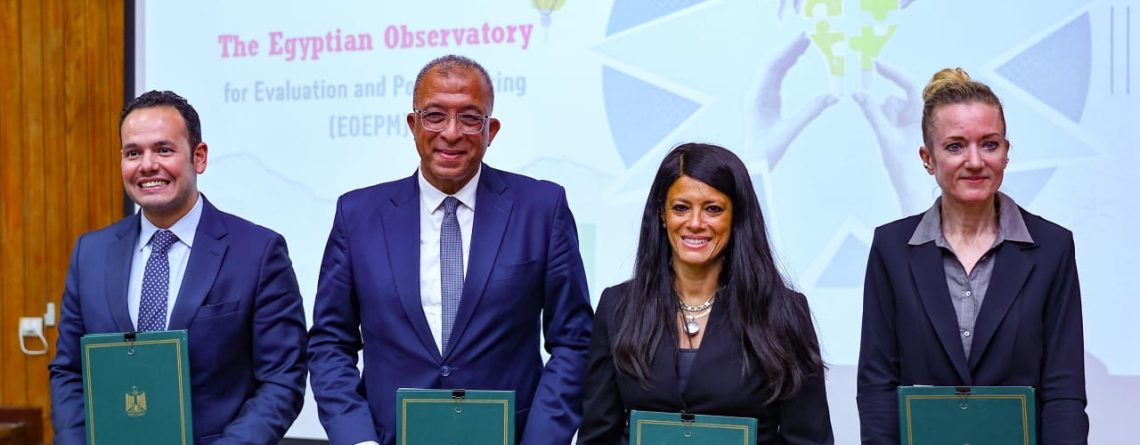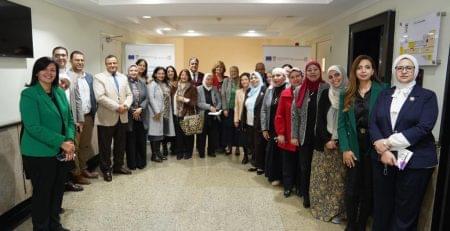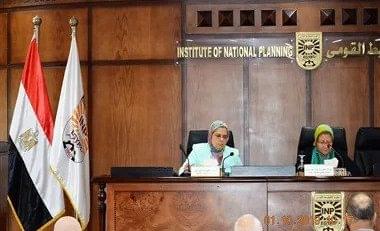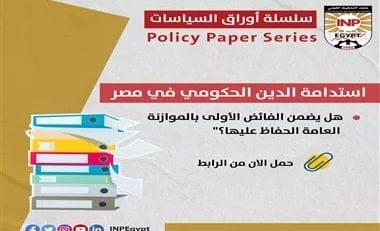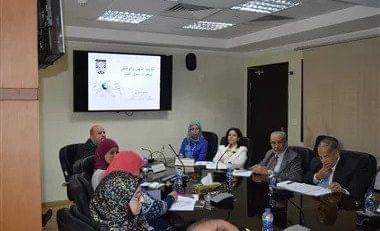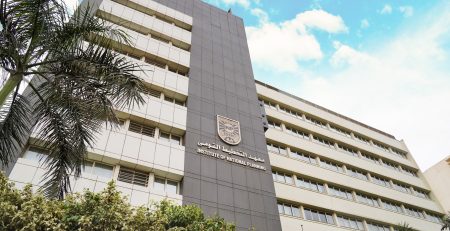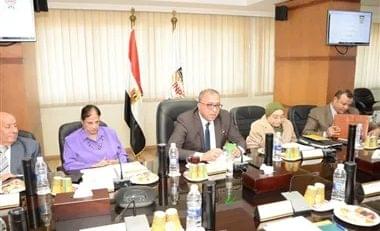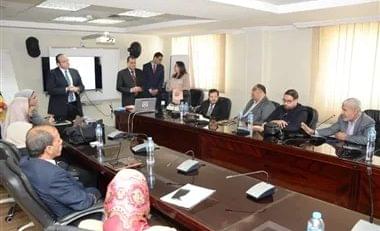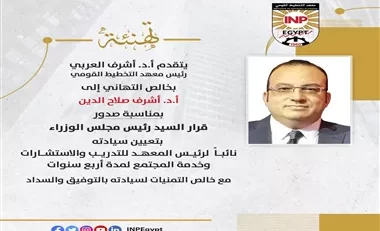In preparation for a strategic cooperation protocol to establish the “Egyptian Observatory for Evaluation and Policy-Making”, Professor Ashraf El-Araby, President of the Institute of National Planning (INP), welcomed Dr. Marie Gaarder, Executive Director of the International Initiative for Impact Evaluation (3ie), to discuss opportunities for collaboration and strengthen international partnerships that support evidence-based decision-making and the Sustainable Development Goals in Egypt.
The protocol, signed between the Ministry of Planning, Economic Development, and International Cooperation, the Institute of National Planning (INP), the Cabinet’s Information and Decision Support Center (IDSC), and the International Initiative for Impact Evaluation 3ie, aims to enhance systems for monitoring, evaluation, and impact assessment across government institutions and think tanks. It will ensure their sustainability, improve public policy formulation based on scientific evidence, improving the efficiency of government programs, delivering tangible developmental impact, and promoting economic and social well-being.
Under this strategic partnership, the Institute of National Planning will lead research activities in priority areas, drawing on best practices and leading international experiences. The INP will contribute to producing research and studies, improving the quality of evidence-based research activities, and conducting forward-looking analysis aligned with national priorities and global trends. Additionally, the INP will develop specialized diploma programs in monitoring, evaluation, and impact analysis for public sector employees, leveraging its expertise in designing and delivering professional diplomas and awarding master’s degrees. These efforts aim to build and strengthen capacities and prepare qualified specialists in the field of planning at both central and local levels.
It is worth noting that the International Initiative for Impact Evaluation (3ie) is a non-profit international organization established in 2008. Its mission is to improve development outcomes through rigorous evaluations of development projects, strengthen capacities in impact evaluation by enhancing skills and knowledge, and produce and share high-quality evidence to enrich policies and development practices, while promoting evidence-based decision-making.
